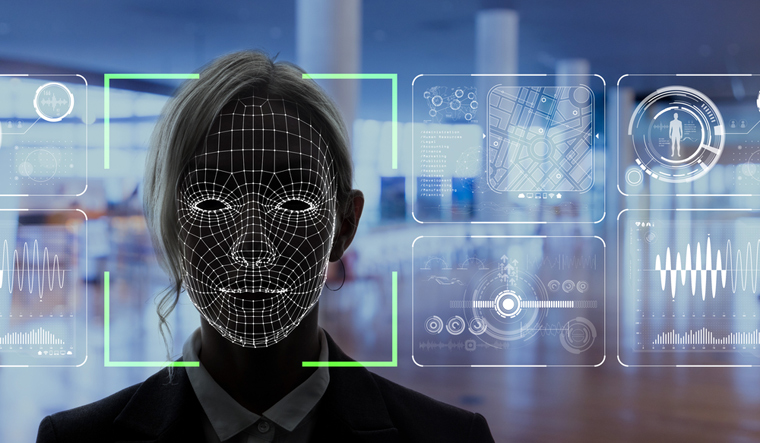The Russian government is enforcing coronavirus lockdown in cites using facial-recognition-based high-precision surveillance system that works in real time.
A 170,000-camera system is assisting the police and health authorities in Moscow to identify and trace people who have been ordered to be self-quarantined due covid-19 pandemic.
"We want there to be even more cameras so that that there is no dark corner or side street left," Oleg Baranov, Moscow's police chief, told newsmen. The city is currently working to install an additional 9,000 cameras.
Cameras pick up people's faces and send instant alerts to police department. The system is helping authorities in imposing social distancing by indicating the distance people maintain between them. The face recognition system is effective even if the facemask is on.
Tens of thousands of cameras across Moscow have been installed with face recognition software to identify rule-breakers. Anyone on the street violating the lockdown will be caught within a short time. Police have caught hundreds of such people who have been under self-isolation after they returned from virus-hit countries.
Many other countries, too, have started using modern tech to trace infections and keep tabs on the people as they enforce lockdowns, curfews and quarantines.
Civil rights groups have expressed their concern that the digital surveillance system threatens individual freedoms and privacy.
"An increase in state digital surveillance powers, such as obtaining access to mobile phone location data, threatens privacy, freedom of expression and freedom of association," Human Rights Watch (HRW) and Privacy International, said in a statement.
Several counters are using telecommunications and mobile apps for location tracking, contact tracing or quarantine enforcement.
According to Reuters, Israel's counter-terrorism agency can monitor phone location data to alerts those who come close to infected people, while Singapore's TraceTogether app allows authorities to identify people who have been exposed to others with the virus.
"Governments risk compounding the harms of this outbreak by running roughshod over our privacy and dignity," Peter Micek, general counsel at digital rights group Access Now said in a statement.
So far, more than 1,009,000 people have been infected with covid-19 and some 51,737 have died, according to WHO.



